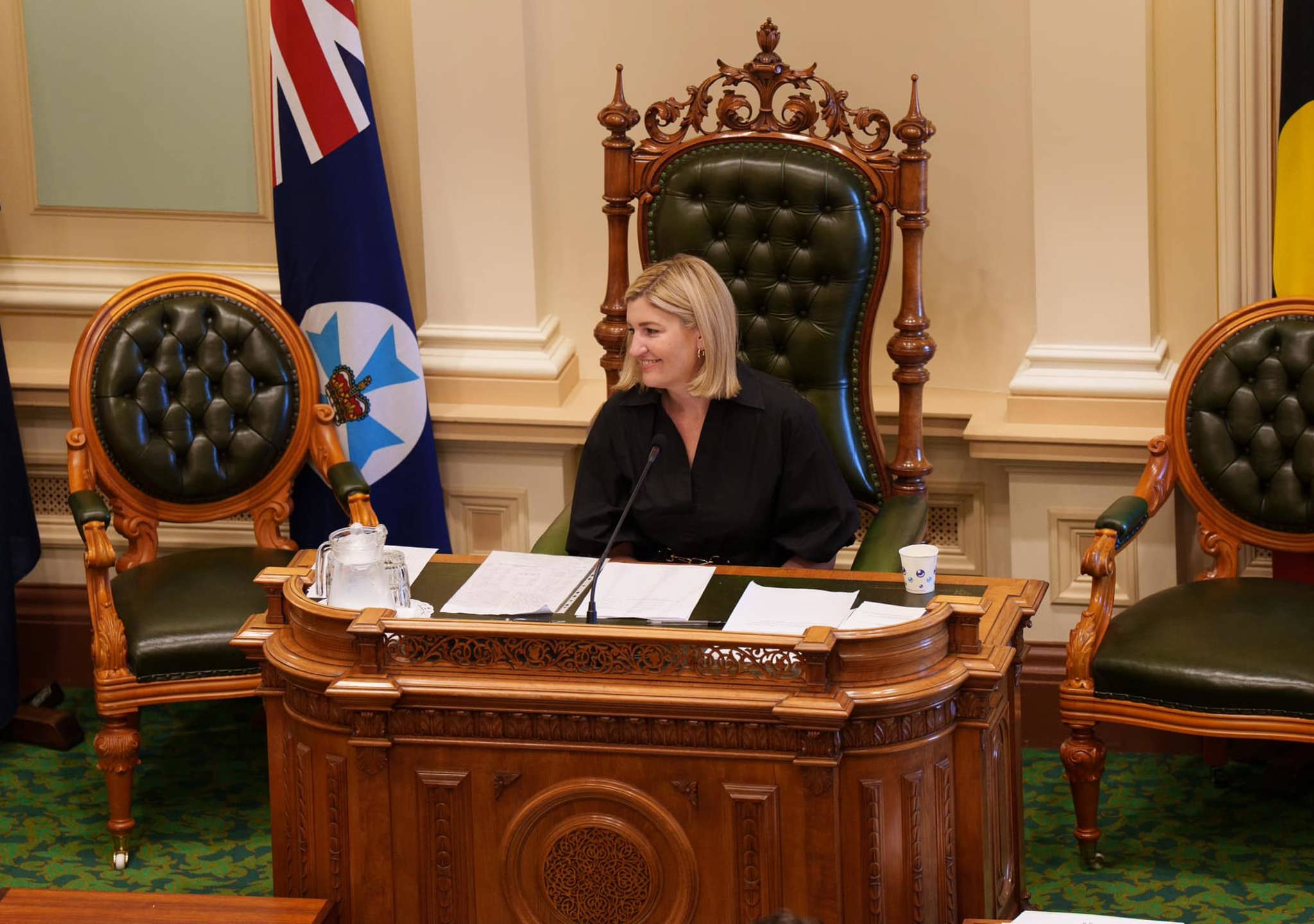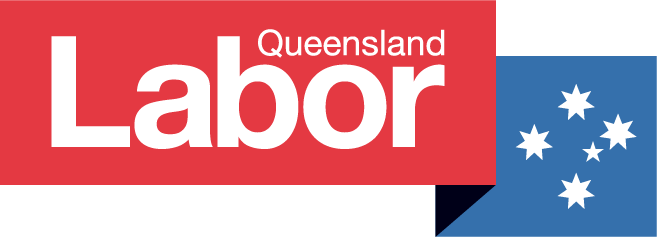Queensland Rental Reforms
Queensland Rental Reforms

Queensland Rental Reforms
You can have your say on these important reforms by visiting:
https://www.yoursayhpw.engagementhq.com/rentinginqld
The proposed reforms cover a range of important issues including:
🏡 Introducing minimum housing standards
🐶 Providing protections, for tenants and owners, to rent with pets
⛏ Allowing for minor modifications
🗝 Supporting people experiencing domestic and family violence to end tenancies without penalty
⚖️ Ending revenge evictions
I rise to speak on Constitution alteration (Aboriginal and Torres Strait Islander Voice) bill 2023.
I begin by acknowledging the traditional owners of the land on which we meet, the Ngunnawal and Ngambri peoples. I also acknowledge the traditional owners of the lands which make up my electorate of Macnamara, the Bunurong people of the Kulin nation. I pay my respects to their elders, past and present.
I greatly value the opportunity to speak on this unique and historic bill.
It may well be one the most important speeches I make in this place – not because of whatever merits my words may have, but because of the intrinsic importance of the subject matter.
There is no subject more important, no bigger issue confronting this Parliament, than the place of our First Nations people in our national life.
The history of Australia since 1788 has in many ways been an inspiring one.
As the grandson of a refugee from Europe, I welcome the fact that Australia has given a new home to millions of immigrants, many of them refugees, and is still doing so today.
But there has always been a dark secret at the heart of Australian history.
Our Australian nation was made possible only by the forcible dispossession of the people who were already living on this continent, the Aboriginal and Torres Strait Islander peoples.
The historian Henry Reynolds has recently estimated that up to 100,000 Indigenous people were killed during more than 150 years of violent dispossession.
Only in recent decades have we come to acknowledge that shameful history.
When in the 1890s Australia’s elected leaders came together to write a Constitution for a new nation, a federated Australia, it never occurred to them to acknowledge the prior occupants of Australia.
There were only two references to “Aboriginal natives” in the Constitution.
One reference ensured that they would not be counted for various purposes, and the other ensured that the power of making “special laws” for them was retained by the states.
The 1967 referendum removed both those references but put nothing in their place.
The bill before us today gives us a chance to put that right.
Although the Constitution is a practical working document, it is also the charter of our existence as a nation.
It is shameful and wrong that it contains no reference whatever to the people who lived on this continent for 60,000 years before any European set foot on it.
Today, our First Nations peoples are asking us to repair that injustice, that glaring omission.
I think it’s important to stress here how astonishingly moderate are the requests that are being put to us by our First Nations friends and neighbours.
All they are seeking is recognition and reconciliation. It would be incredibly churlish of us, as well as stupid, to refuse such a request.
As part of the reconciliation process, in the Uluru Statement from the Heart of 2017, our First Nations people have requested that they be given a voice in our national government, in the form of a constitutionally enshrined Voice to Parliament.
The Voice is a very simple request, as the bill before us sets out.
It provides for a body called the Aboriginal and Torres Strait Islander Voice.
It provides that the Voice may make representations to the Parliament and the Executive Government of the Commonwealth on matters relating to Aboriginal and Torres Strait Islander peoples.
The Voice, therefore, will not run programs, it will not spend money, it will not be a bureaucracy. Nor will it be a third chamber of Parliament. It will not have legislative, executive or decision-making powers. It will be purely advisory. Again, I must point out how astonishingly modest this proposal is.
What possible objections can there be? There seem to be two.
The first is that it gives Aboriginal and Torres Strait Islander peoples a special status. We are asked: why is there no Italian or Indian Voice to Parliament? The answer to that is of course that Aboriginal and Torres Strait Islander peoples already have a special status – they were the original inhabitants of this continent, who lived here for 60,000 years, and who were violently dispossessed without their consent. No other group in Australian society can claim such a status, and it is absolutely right and just that we formally recognise it.
The second objection is that we don’t have enough detail about the proposed Voice to Parliament.
I think this is raised mainly as a diversionary tactic by people who won’t be happy with any amount of detail.
The framers of the Constitution, very wisely, did not seek to prescribe how Parliament should exercise its powers. It set out very broad heads of power and left it to Parliament to decide how to put those powers into law.
For example, Section 51 (xxi), the marriage power, simply says “Marriage.” There is no definition of marriage, no detail about what kind of marriage law Parliament is to enact. That’s why we had the freedom to legislate for marriage equality without the need for a referendum.
The proposed Constitutional amendment says clearly that “The Parliament shall, subject to this Constitution, have power to make laws with respect to matters relating to the Aboriginal and Torres Strait Islander Voice, including its composition, functions, powers and procedures.”
So, the answer to the question: “where is the detail?” is that the detail will be enacted by this Parliament, after what will no doubt be a long debate, in which every Member and Senator will get their say.
That has always been the constitutional practice in Australia, and it is one we are wise to follow in this case.
This referendum, like the 1967 referendum, marks a milestone in Australia’s long journey towards coming to terms with our history, and achieving genuine reconciliation between Indigenous and non-Indigenous people in this continent.
This act of recognition is long overdue, which is why it will be all the more liberating for all of us, individually and as a nation, when we get it done.
I have great pleasure in commending this historic bill to the House.
By Shannon Fentiman
22 November 2019

